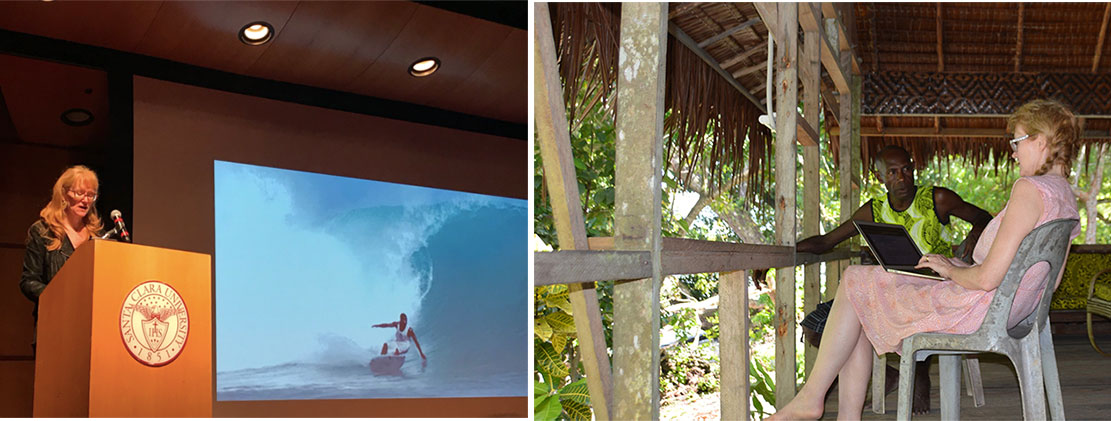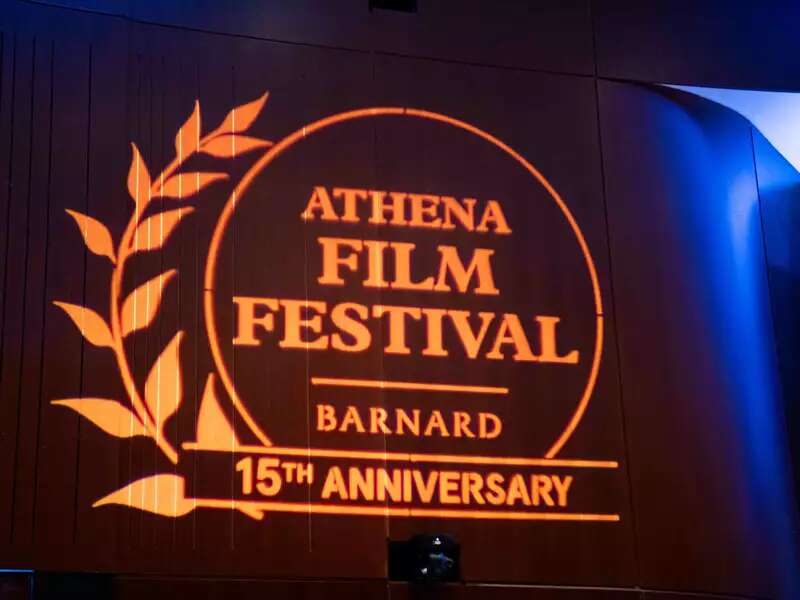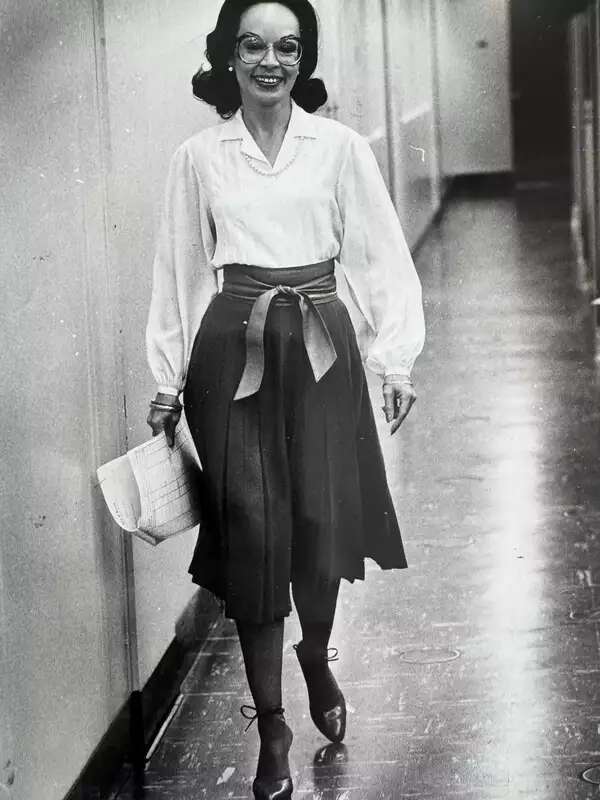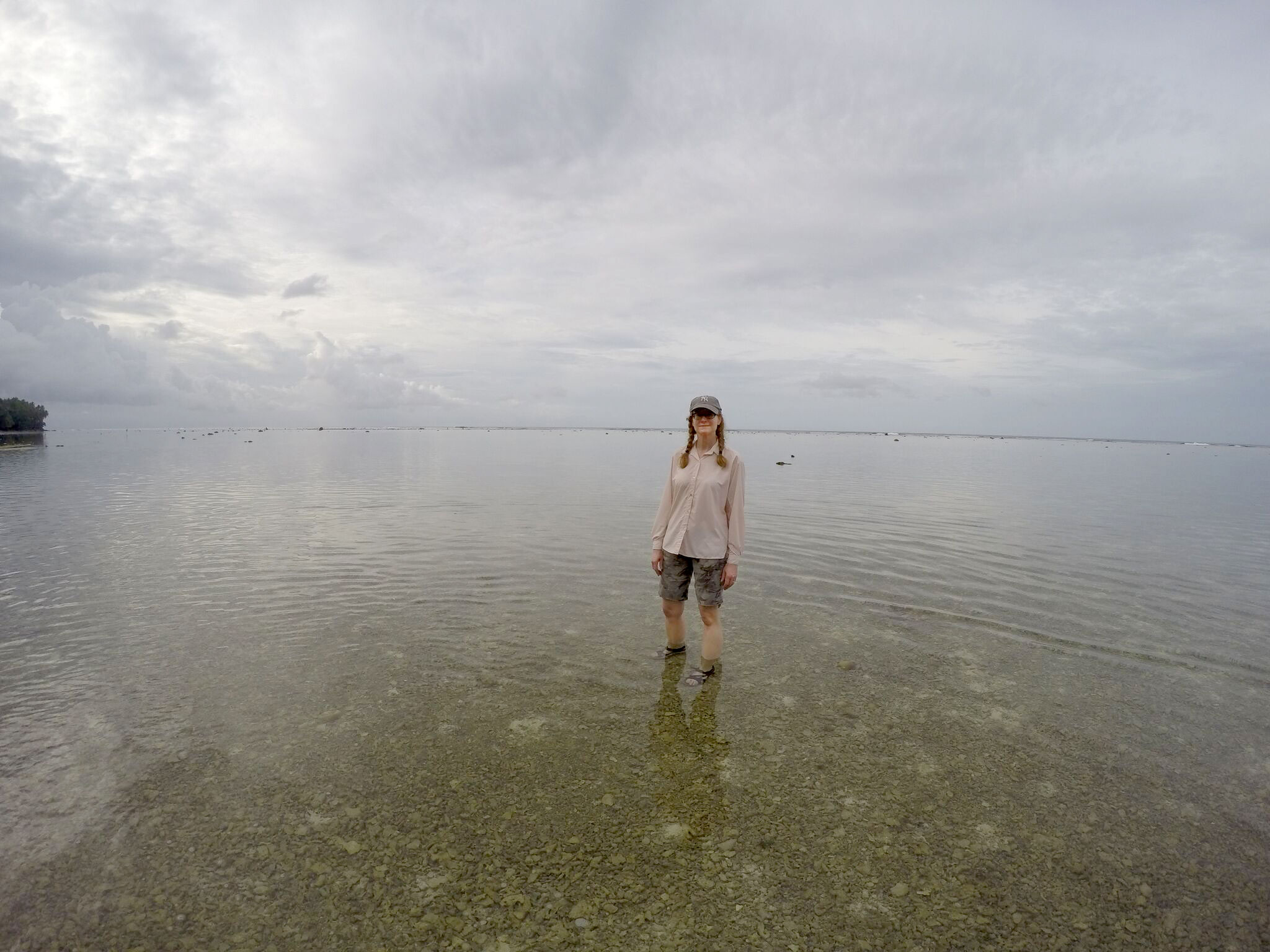
For 21 years, Claire Tow Professor of Anthropology Paige West has conducted research on conservation in the Melanesian Pacific; studied the relationship between societies and their environments; and conducted ethnographic fieldwork in Papua New Guinea, Australia, Germany, England, and the United States. She is the author of several books, including the award-winning Dispossession and The Environment: Rhetoric and Inequality in Papua New Guinea (2016).
Last summer, West addressed political ecology and advocacy for conservation through policy change in plenary talks at two distinguished conferences — POLLEN18 and IMCC5. At POLLEN18, hosted by POLLEN: Political Ecology Network at Oslo Metropolitan University, West discussed a paper she had co-authored with the founder and director of Ailan Awareness in Papua New Guinea John Aini, with whom she has collaborated for 10 years.
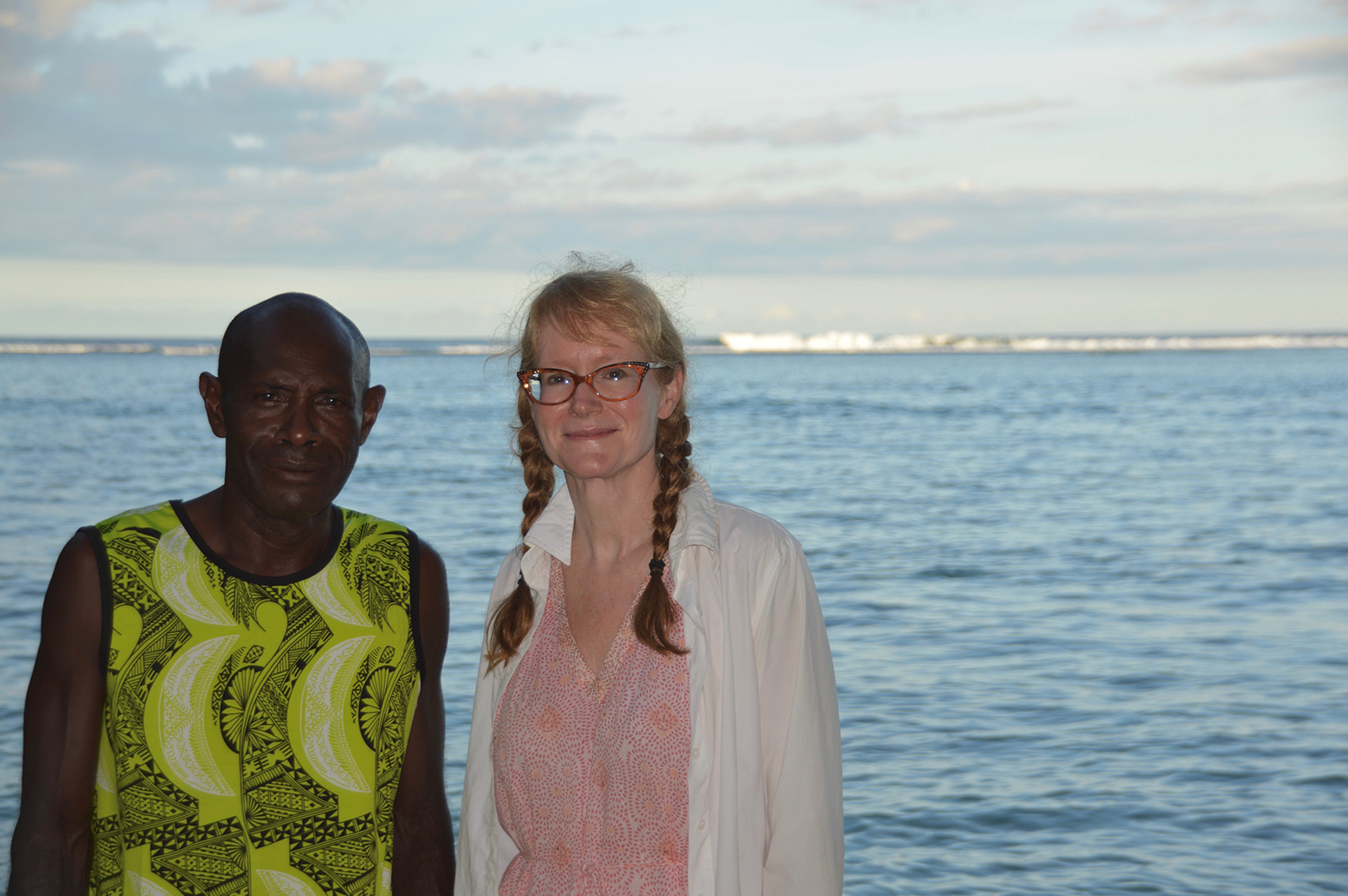
At the Society for Conservation Biology's International Marine Conservation Congress (IMCC) in Kuching, a city in the Malaysian state of Sarawakin, West and Aini spoke together on "Communities Matter: Decolonizing Conservation Management." In this “Break This Down,” West discusses indigenous issues, political ecology, and Facebook’s role in Papua New Guinea.
In June, you presented talks on political ecology and decolonizing conservation management. What were some of the takeaways?
The two keynote lectures I delivered last summer in partnership with John Aini, my longtime co-principal investigator on research in Papua New Guinea, both articulated a new kind of methodology for the social sciences and the conservation science that John and I have been working on for over a decade now. Together, we have worked to understand how to develop research projects in climate intervention that derive both from the needs of scholars and the needs of communities. John and I are both driven by the desire to enact equitable, environmental, and conservation projects. In the past, both social scientists and conservation scientists driven by these same desires have not acknowledged the direct wants and needs of communities. We spoke publicly about the methodology we discovered — to start with community needs and build knowledge from there.
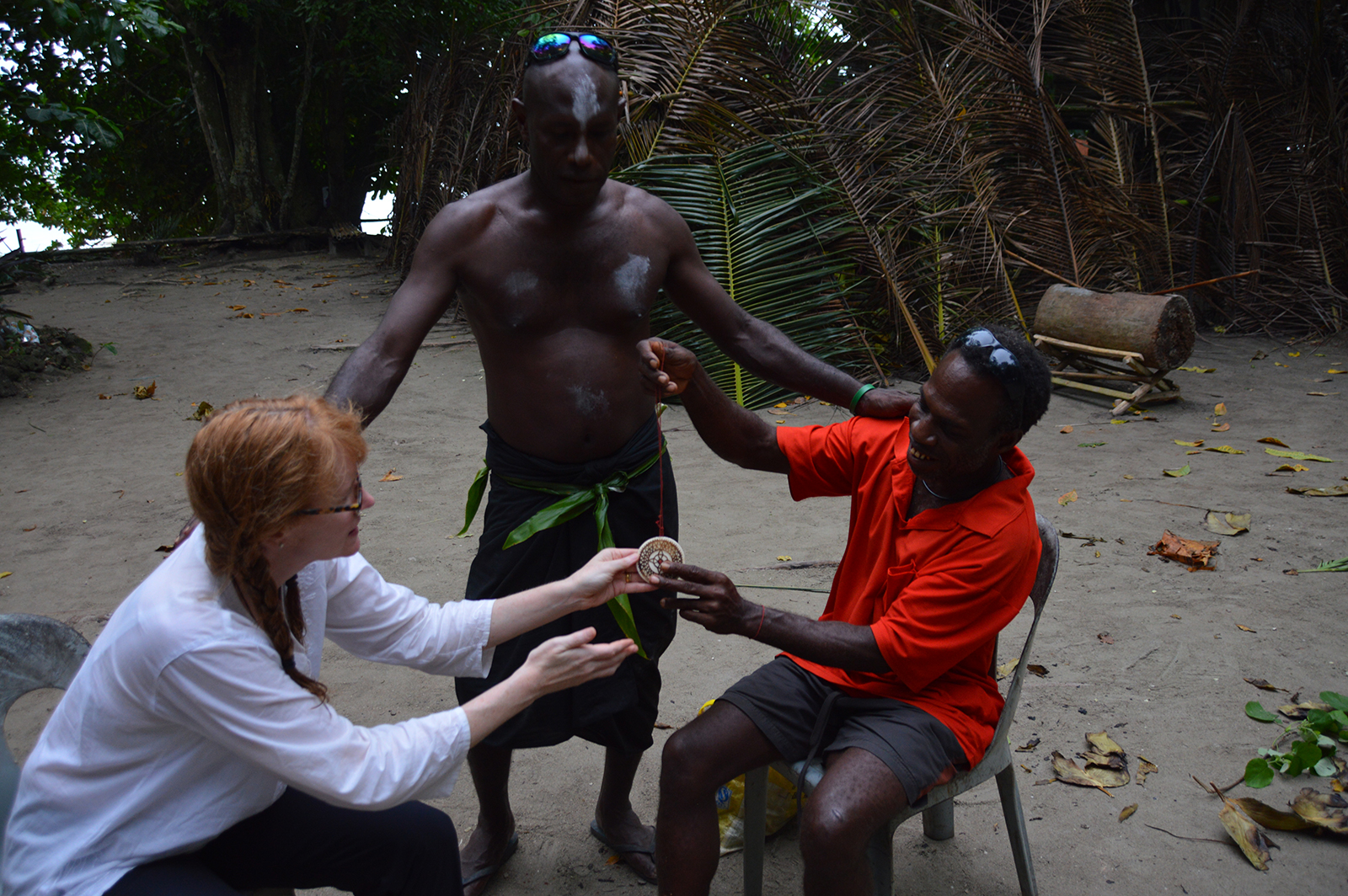
What are some of the biggest contemporary challenges affecting indigenous peoples?
Climate change and the dispossession that results from corporate-led resource extraction is the biggest challenge. Across the world, and not just with indigenous communities, we see increasing dispossession. For the past 20 years, I’ve watched in horror as the communities I have grown to love in Papua New Guinea are faced with a declining resource base in food, and increased disease. The profit margins of corporations grow exponentially as the real wages of the people decline. As a scholar and teacher, I feel like we’re at a brink, and that if we do not address these challenges through our work, we will go over an edge that we can’t return from; we will face social and ecological disaster that will not destroy not only the lives of indigenous people but all the beings that inhabit our world.
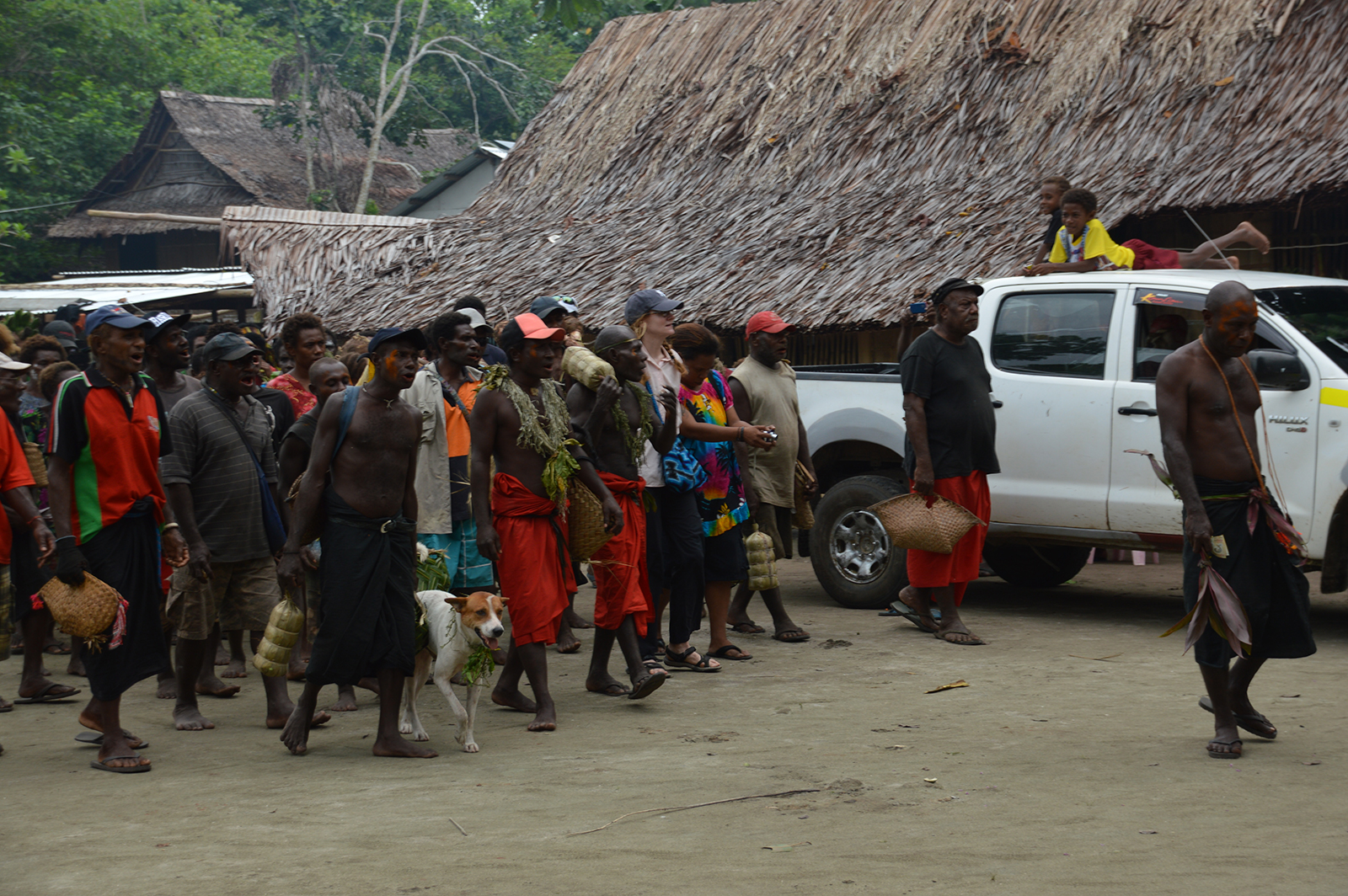
How has your work in Papua New Guinea changed since you began your research there over two decades ago?
When I started my research, I was focused on producing knowledge that would add to the disciplinary canon. But as I matured as a scholar and researcher, I realized that my energy should also be focused on redressing some of the dispossessions that have happened in Papua New Guinea, which connect with climate change and resource extraction, and also with the real problem that scholars from elsewhere have come to the country and extracted knowledge and not given a lot back to the people or to the local community they work with. Therefore, I cofounded an NGO [the Papua New Guinea Institute of Biological Research] that works to create the conditions of possibility for Papua New Guineans to become anthropologists, ecologists, and any other kind of scholar they want to be. I think about this as a kind of repatriation of power that puts knowledge production in the hands of traditionally marginalized communities.
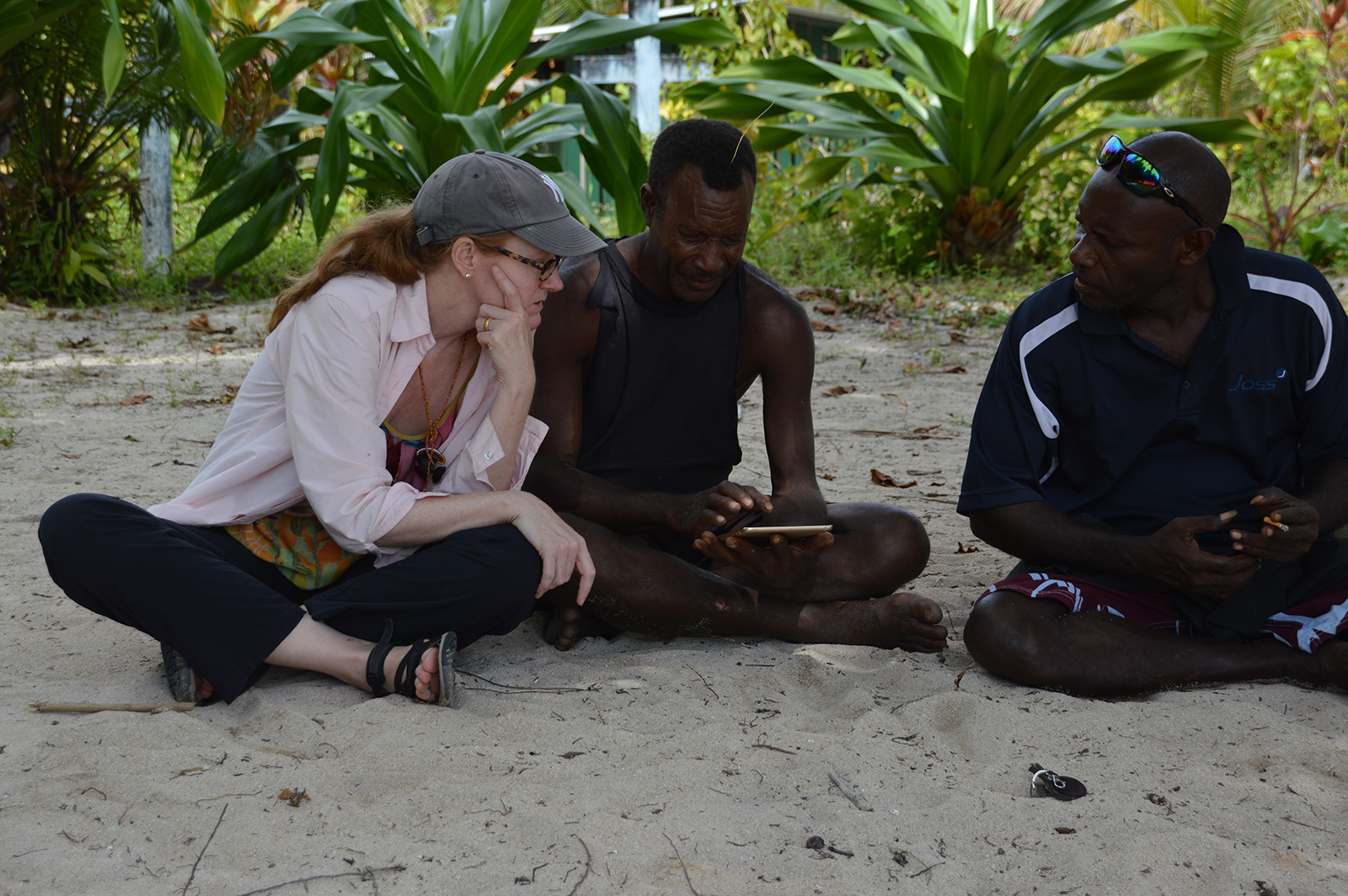
In Wired, you argued for Facebook’s presence to remain in Papua New Guinea even though the country’s communication minister wants it restricted. Why?
Last summer, it became clear that some elected officials in Papua New Guinea worry that Facebook allows citizens access to dangerous knowledge and forms of expression. Yet based on my conversations with Papua New Guinean journalists, scholars, teachers, and everyday citizens, it’s clear to me that Facebook has democratized both the sharing of knowledge and news and created forums where regular people can debate national and international issues. We have to remember that in Papua New Guinea, about 80 percent of the people live in rural areas, and the kinds of cosmopolitan, urban forums for debates that we find in Port Moresby, the capital of the country, have not traditionally existed there. There were certainly forums where people could discuss local issues within their extended family groups or between family groups, but Facebook allows for cross-family, cross-language groups, cross-region, and cross-gender communication in a way that is profound.
One of the most interesting things about that Wired piece is that when the reporter contacted me, she wanted to talk to someone who was an expert. I was happy to talk with her, but I also gently directed her to think about her notion of expertise and why she turned to a white woman and not a Papua New Guinea scholar. Because of that, after I gave her a list of Papua New Guinea scholars, she reached out to them and was able to draw on their identity as experts, not as Papua New Guineans.
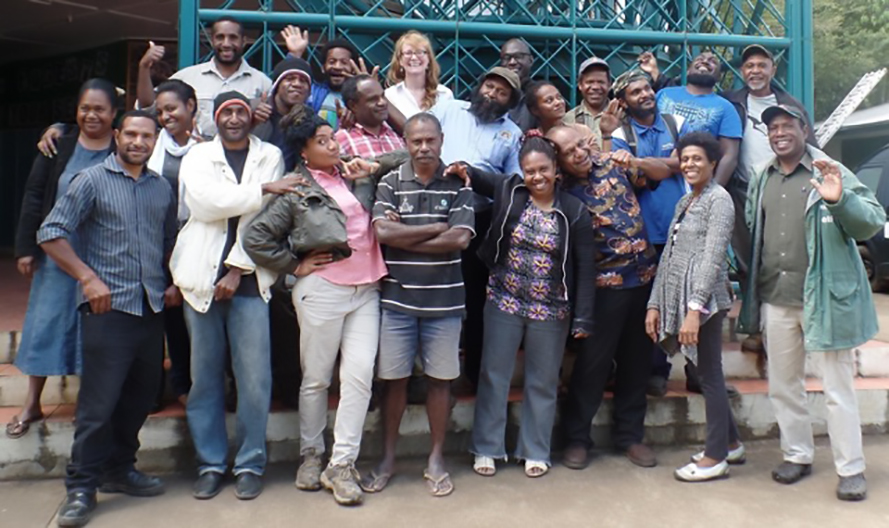 You often bring students to Papua New Guinea to work with you in the field. How does this research inform your students’ and your understanding of anthropology’s role in human rights?
You often bring students to Papua New Guinea to work with you in the field. How does this research inform your students’ and your understanding of anthropology’s role in human rights?
I would like to take students more often. [Assistant Professor of Practice in Anthropology and Human Rights] J.C. Salyer and I have a dream of creating an anthropology and human rights field school with the goal of taking students to Papua New Guinea and to the northern part of Norway. When I’ve taken students from the United States to Papua New Guinea, I’ve always paired them with students from Papua New Guinea, and one of the best things about that is watching the kinds of collaborations that emerge. I’ve learned that the well-tested traditional models of pedagogy — lectures, readings, discussion groups, seminars — [may not be as effective] as students spending time with the people that they’ve been reading about. There is a different kind of learning that takes place when students can sit down, for example, with other students who happen to be from Papua New Guinea and talk about climate change. The kind of common ground found there is the foundation of how we're going to address these wicked problems we live with today.
